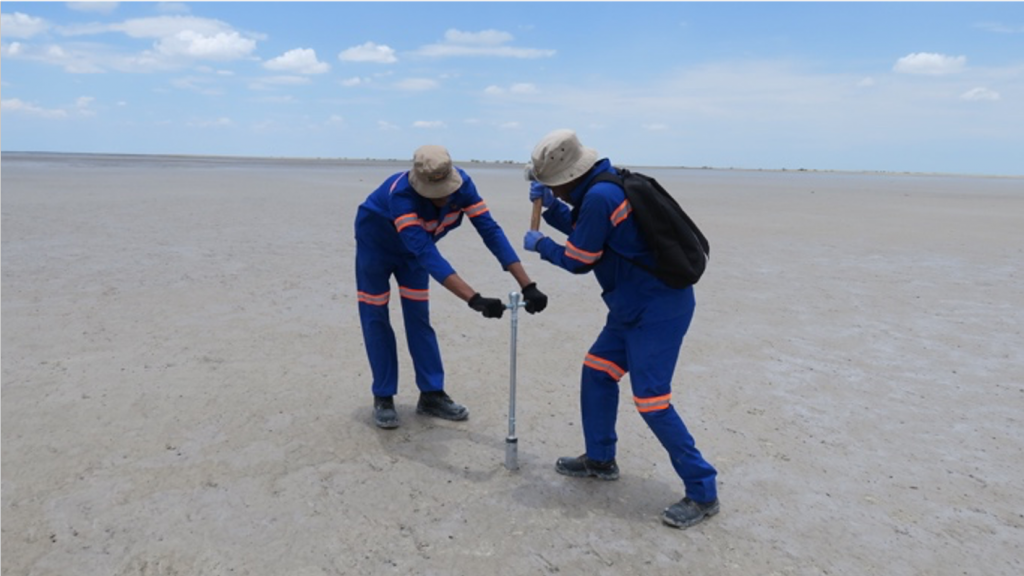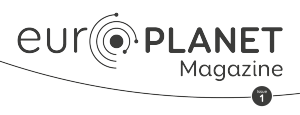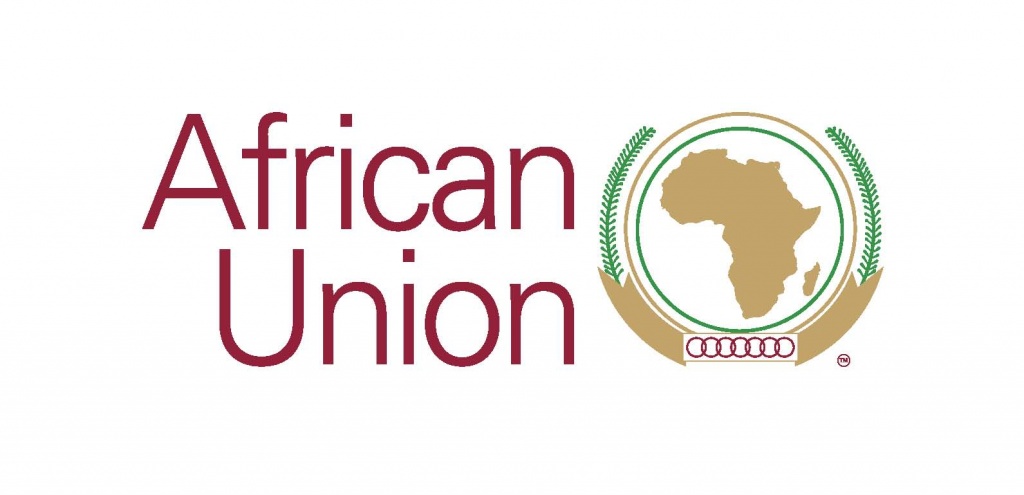Mobilising Planetary Science in Africa
Fulvio Franchi (Botswana International University of Science and Technology) introduces a new network to support planetary science in Africa.
Read article in the fully formatted PDF of the Europlanet Magazine.
major goal for higher education institutions in Africa is to promote their existing space and planetary science programmes on an international stage and to develop a solid system for credit recognition. Only by achieving these two objectives at a continental level can Africa tap into the growing planetary and space science market without relying on non-African expertise and resources.
February 2021 saw the launch of the Pan-Africa Planetary and Space Science Network (PAPSSN), a mobility scheme for students, academics and support staff across the African universities offering MSc and PhD programmes in planetary and space sciences.
The overarching objective of the new network is to educate young scientists to meet the requirements of the large planetary and space science projects expected to start in Africa in the very near future, including the Square Kilometer Array (SKA) and the Botswana Satellite (Botswana Sat-1). The next generation of African scientists, leaders and entrepreneurs will be part of a growing Science, Technology, Engineering and Mathematics (STEM) labour market that currently has a skills shortage in the areas of remote sensing from space, planetary geology, astronomy and astrophysics.
The tertiary education sector and industries of African nations will also benefit from the modernisation of academic programmes and the introduction of new, cutting-edge technologies designed for space and planetary exploration. These developments will lead to advances in technology-literacy, security, safety and productivity across a broad front of activities, such as the monitoring of land-use, climate change, drought, hydrology and natural disasters.
The central role played by space science and technology within the framework of the Agenda 2063 plan for Africa’s socio-economic development has long been recognised by African governments. On 31st January 2016, the African Union (AU) adopted the African Space Policy and Strategy in the first concrete step towards realising an African Space Programme.
The AU urged Member States, Regional Economic Communities and Partners to promote STEM in general, and planetary and space science in particular. However, the complexity of scientific problems in these disciplines requires highly skilled university lecturers and technical staff. The coordinated mobility programme offered by PAPSSN will improve access to high-quality STEM education, with a particular emphasis on planetary and space science, and enhance the employability of graduate students in the science and technology labour market.
PAPSSN is funded by the European Commission (EC) through the Education, Audiovisual and Culture Executive Agency (EACEA) under the Intra-Africa Academic Mobility Scheme 2020. The project is led by the Botswana International University of Science and Technology (BIUST), and the consortium includes universities from Ethiopia, Nigeria, South Africa, Zambia and Italy, as well as observatories, research institutes and agencies related to planetary and space science in the partnering countries.

PAPSSN builds on existing working relationships with Europlanet (BIUST coordinates transnational access to the planetary analogue field site of the Makgadikgadi Salt Pans in Botswana), and the idea for the project was in fact initiated in 2018 during the first African Planetary and Space Science Network meeting, which was attended by members of the Europlanet management team amongst many African partners.
BIUST and Botswana will benefit directly from the achievement of PAPSSN’s ambitious goals, and planetary and space science have the capacity to excite the imagination of the public and stimulate the interest of the youth in STEM at a local, regional and global level. Overall, the PAPSSN will support the STEM and planetary and space science labour market that is expected to grow across Africa over the next decades, generating both entrepreneurs and skilled workers for academia and industry.
PAPSSN Consortium
BIUST (lead), Addis Ababa University, University of Nigeria Nsukka, University of the Witwatersrand, Copperbelt University, University of Bologna (technical partner), South African Radio Astronomy Observatory, the Ethiopian Space Science and Technology Institute, the National Remote Sensing Centre Zambia, and the National Space Research and Development Agency of Nigeria.
Banner image: Botswana International University of Science and Technology (BIUST).




